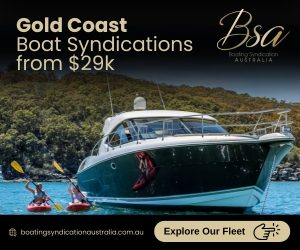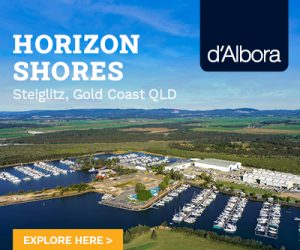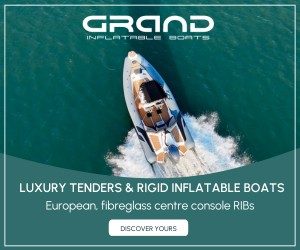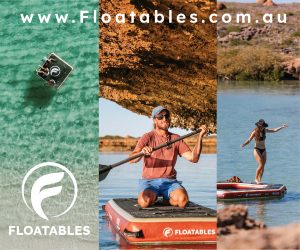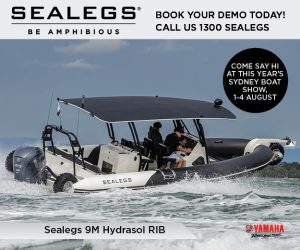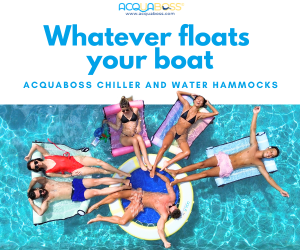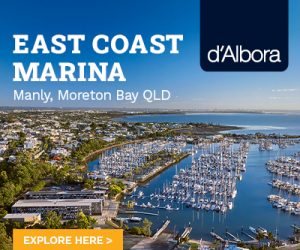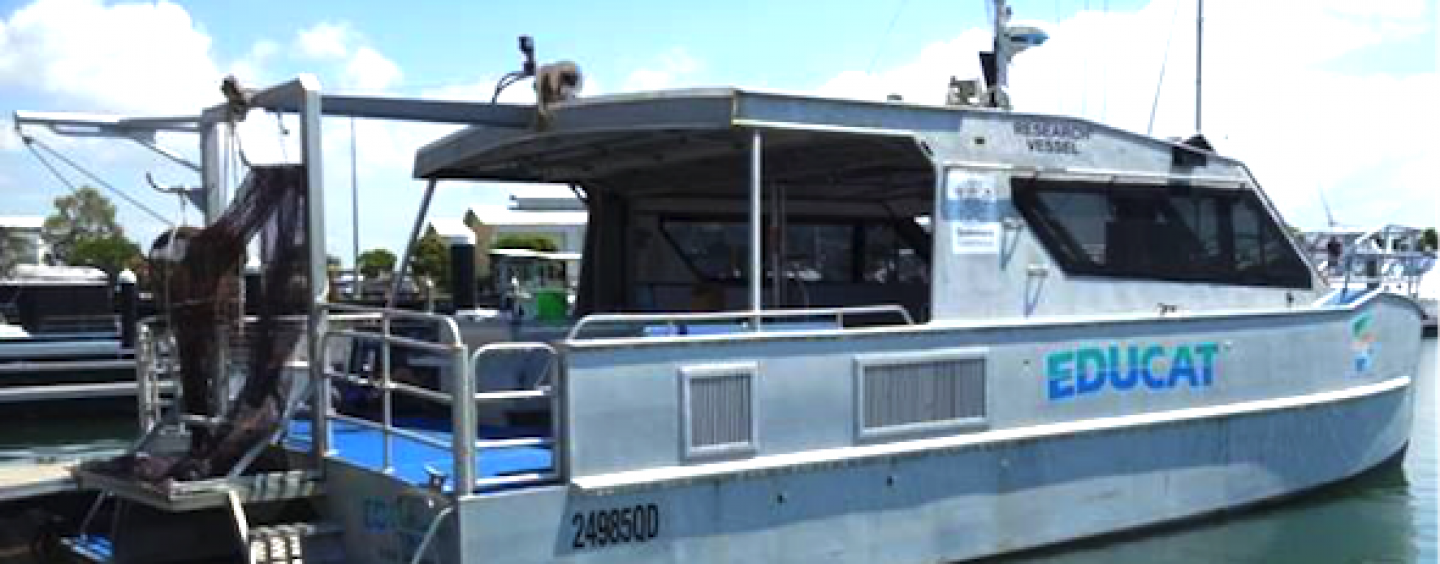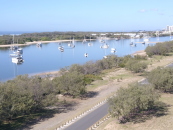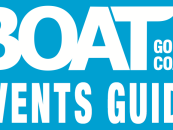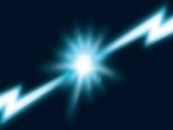Jacobs Well Environmental Education Centre is a Queensland State Government School located within the semi-agricultural district of Norwell. In 1974, JWEEC was established as the first Educational Field Study centre in the state. Formally Jacobs Well SS, its grounds have been learnscaped to provide a variety of outdoor learning experiences for students.
JWEEC is also situated in close proximity to the islands and waterways of Southern Moreton Bay. The centre frequents study sites such as South Stradbroke Island, Behms Forest, Pimpama River, Moreton Bay, Freshwater Ponds, Wavebreak Island and mangroves of Jacobs Well District.
One of the centre’s unique resources is the EDUCAT. The EDUCAT is a purpose-built research vessel first commissioned in 2002. The powered aluminium catamaran has a unique bow ramp for easy access to beach study sites. It is powered by twin diesel engines and its layout is designed as a large classroom, which can seat around 40 students. The vessel operates in the waters of Southern Moreton Bay from Russell Island to Southport.
The EDUCAT is owned by Queensland Education Department and managed by the Jacobs Well Environmental Education Centre. Therefore, most of the clients aboard the EDUCAT are school students engaging in programs that complement their classroom studies. Over 1500 students per year use the EDUCAT for educational experiences. Apart from school students, JWEEC is able to partner with a number of universities and community education groups to provide tertiary and community programs.
Research equipment on the vessel allows animal and plankton sample trawls and sediment grabs. Underwater imagery can also be viewed by clients using the centre ROV (underwater drone with camera). Groups can engage in snorkeling activities to collect marine data. It is also used to transport students to nearby islands to engage in Indigenous studies, coastal management studies, bird watching, and many other forms of marine research.
The EDUCAT receives good support from Horizon Shores Marina for mooring and maintenance. It has also undergone a recent major refit to replace engines and strengthen the hull.
Besides EDUCAT, JWEEC has two timber dories and canoes. The dories were built by students 25 years ago, based on an English fishing boat. They are able to get into very shallow waters and are safe watercraft, so young students can get the opportunity to have a drive under staff supervision. They are often used for bird watching and Mangrovewatch data collection.
The centre also provides a canoeing program. The centre owns nine three-seat canoes that are deployed in the nearby local waterways. They allow students to observe a number of local species more closely. They allow students to collect data to assess the health of local waterways.
JWEEC is committed to the development and implementation of quality environmental education programs, which aid in the development of an environmentally conscious and active community member. The centre provides unique and high quality experiential learning opportunities, supporting the school curriculum in a context not available in a mainstream school’s learning environment. A range of day visit and residential programs are available to students from all school sectors and subject areas. The centre has a primary focus on sustainability and biodeversity education within all programs.
By Steve Rowell
Freshwater studies – Investigating the health of local river systems and waterways.
Mangrove Ecosystems – Researching local mangrove systems.
Indigenous Perspectives – Understanding local indigenous culture.
Creature Feature – Interacting with the centre,s reptiles.
Birdwatching – Observing the birdlife of the local area.
Forest Detectives – Investigating and researching forest systems.
Trawling the Waterways – Catch, research and release of marine organisms.
Coastal Management – Study of our ever changing coastal and island environments.
Plankton Study – Catch and research plankton samples. Canoeing – Investigating and exploring our local waterways.
Nursery and Native Plant Program – Propagation and revegetation within schools and community areas.
Nestbox Observation – Locating and observing our centre nestboxes and their inhabitants.
Trapping Program – Catch, research and release of local forest mammals.
Snorkelling Wavebreak Is- Snorkel to collect data on local marine organisms and environment.
Autonomous Reef Monitoring Structures – Observe marine growth on underwater research structures.
Hopping Mad – Catch, research and release local frogs.


